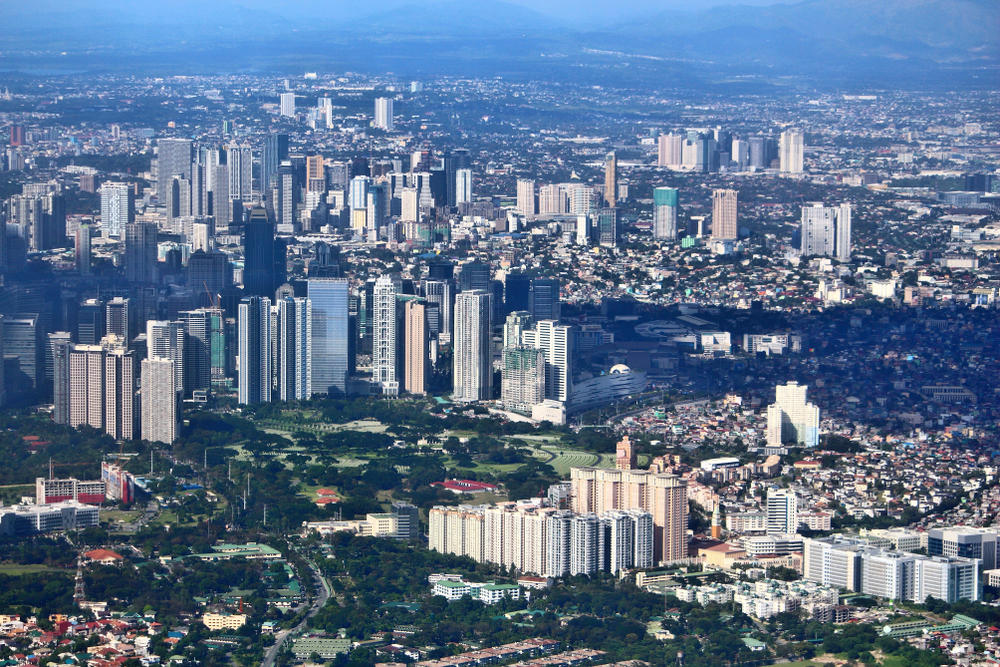The past 12 months showed the aftermath of the COVID-19 pandemic in the real estate industry. Companies gave up their office spaces to work from home, property buyers put their plans on hold, and inventors hesitated to make a move as they waited to see how the market would perform.
The good news is that those bleak scenarios are about to end. In 2022, the real estate market is headstrong in bouncing back to recover what it has lost. Experts are confident that with the reopening of the economy, residential and office segments will likewise keep up demand and supply-wise. This makes the current market ideal for your buying or investing plans post-pandemic.
With realtors re-entering the market with the lessons they’ve learned from the pandemic, you can expect more rewarding offers and innovative properties, whether you’re looking for your new corporate headquarters or a condo for sale in Cebu.
Here’s a rundown on the real estate trends for 2022 and how this year will look like.
1. Rise of rental rates
According to PwC, affordable housing remained elusive for many people during the pandemic as home prices continued to rise faster than employee wages. That forced homebuyers to move out of the for-sale market and get into the rental space instead.
This growing demand for rental properties can open up opportunities for investors to rent out apartments or condo units at profitable rates but still attainable for middle-class populations.
Even commercial spaces will likely increase rental prices, although more slowly than the residential sector since consumer spending won’t completely peak just yet.
2. Increase in property demand
When the pandemic hit in 2020, major purchases like housing units took a nosedive—and understandably so. As a result, property developers slowed down with their construction projects. But by 2021, the demand was back at more or less healthy levels.
This upward trend is set to carry over into 2022, as jobs and businesses slowly but surely recuperate from the global recession. This new lease of life means people are more conscious of their spending, choosing to put their money in worthwhile projects or investments such as real estate.
In return, real estate companies are aggressively building new properties to deliver approximately 8,600 units annually through 2024.
3. Return of office spaces
Vacant offices may soon be a thing of the past. The ongoing vaccination drives throughout the country heavily focus on priority groups, including employees, so they can safely go back to the office. That means the new normal of work will drive office leasing beginning 2022.
Many companies have already started drawing plans to gradually return to on-site operations, starting with a hybrid work model where employees come into the office three to four times a week and then work remotely from home or other locations. For their part, building owners and administrators are redesigning their spaces to give tenants a healthy and safe workplace.
4. Reopening the doors for foreign investment
Real estate has always been a popular choice for investors because of its ability to appreciate and yield high ROI. Foreign investors are particularly attracted to the fact that besides Metro Manila, economic growth also abounds in several other financial hubs, including Laguna, Pampanga, Davao, and Cebu.
These emerging cities are fast becoming the go-to destinations for outsourcing companies and luxury residential developments because many of them lie in economic zones, where tax benefits await them.
5. Larger market for millennial homebuyers
The youngest millennial is about 26 years old and the oldest 37. Real estate statistics show these young professionals are among those who will drive the demand for residential spaces as they become financially ready to buy homes.
In the Philippines, there’s a significant increase in millennial homebuyers. Studies say that this has been brought upon by the pandemic. Millennials dominate the homebuyer’s market because of their need to be independent. They’re mainly interested in properties that suit their modern lifestyle, including high-end and luxury homes in affordable locations.
6. Demand for breathable green spaces
The pandemic has also led to a surge in home shopping in and around areas conducive for walking, biking, and similar outdoor activities. This trend especially resonates with homebuyers who aim for well-rounded lifestyles by staying physically and mentally healthy. Plus, with remote work setups on the rise, people want an environment where they can live and work at the same time.
7. Online is here to stay
Consumer activities have largely become virtual, from banking and shopping to investing and medical consultations. Similarly, real estate companies are introducing virtual experiences for prospective homebuyers.
Before buying a home, you can view the real estate company’s offerings online and request an agent to walk you through the property and its surroundings through virtual reality. If you have any questions about the property, an agent is just a chat away. You can even have your documents digitally processed to fast-track the sale or lease of a property.
2022 is a New Era in Real Estate
There is a great deal of optimism in the real estate industry in 2022, whether it’s for home buying or property investing. Growth and innovations will prevail, and you don’t want to miss out on these positive market developments.
A pre-selling unit in a condo property is an excellent real estate asset. For this type of property, you should be looking at Mandani Bay, a residential development right in the bustling city of Cebu—a booming location for luxurious condo living. Tour the property with our team.

